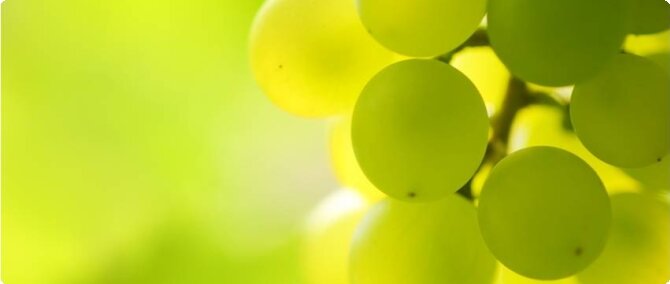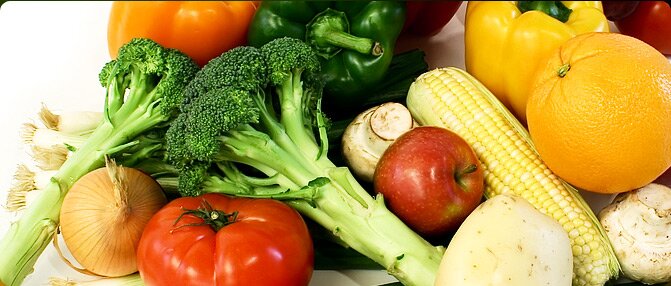|
In the Lagoon of Mesolonghi the visitor will see the biggest saltpans where enough sea salt is produced naturally to cover 90% of the country’s consumption. A lot of rare species, such as the endangered otter (mammal) can be found in the region lakes and the Lagoon of Mesolonghi, as well as dolphins and sea turtles in the Ambrakikos Gulf. Virgin natural forests and lush Mediterranean vegetation cover the beautiful mountains of the area, which are the habitat of a host of rare birds such as the imperial eagle, nightingales, woodpeckers and a large number of rare mammals like the jackal, boar and deer. It is not farfetched to claim that the region is “The Natural Park of Greece”.
Organic farming covers 10.3% of all arable land of Etoloacarnania.
In the region cultivated the 34% of organic citrus and raised the 30% of organic livestock of the whole country.
|
Online Shop
|
Our Region
|


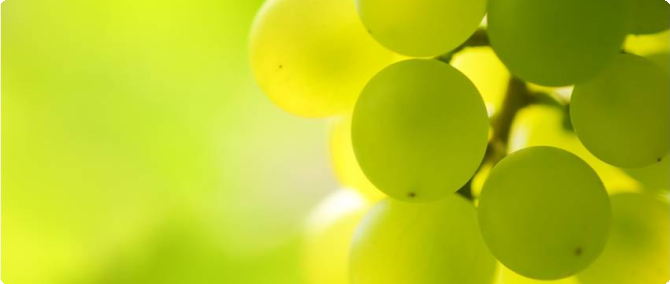
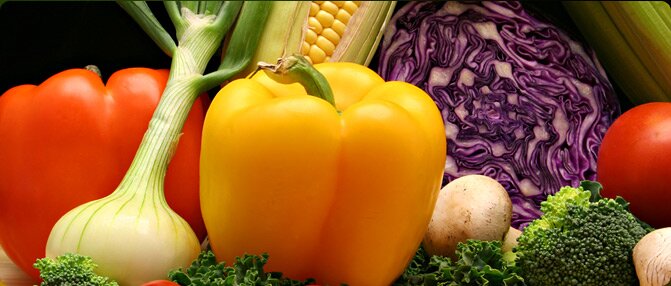
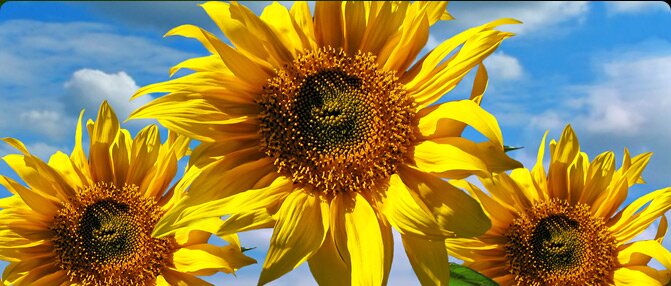
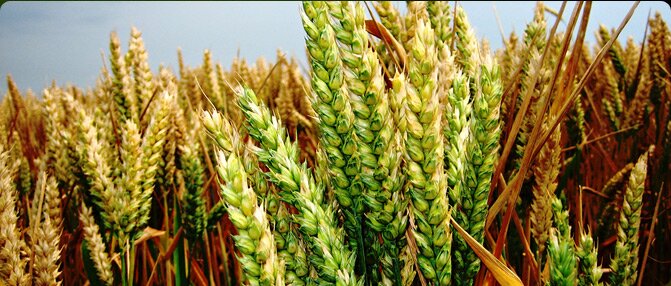
 The region of West Greece consists of 3 prefectures: Etoloacarnania, Achaia and Ilia. In the wider region of West Greece there is a multitude of safe coves and natural harbors, tens of kilometers of unique, pristine sandy and rocky beaches. The lagoons of Mesolonghi, Ambrakikos Gulf, Kotychi, along with the countless lakes and rivers of the area, constitute the biggest complex of wetlands in the Mediterranean. More than 280 bird species have been spotted throughout the year, in the lagoons, the lakes and wetlands of the area and the surrounding hills.
The region of West Greece consists of 3 prefectures: Etoloacarnania, Achaia and Ilia. In the wider region of West Greece there is a multitude of safe coves and natural harbors, tens of kilometers of unique, pristine sandy and rocky beaches. The lagoons of Mesolonghi, Ambrakikos Gulf, Kotychi, along with the countless lakes and rivers of the area, constitute the biggest complex of wetlands in the Mediterranean. More than 280 bird species have been spotted throughout the year, in the lagoons, the lakes and wetlands of the area and the surrounding hills. Extensive plains interrupted by pristine mountain ranges form the landscape of the region. This is the scenery where the largest number of organic farmers of the country has set up their businesses.
Extensive plains interrupted by pristine mountain ranges form the landscape of the region. This is the scenery where the largest number of organic farmers of the country has set up their businesses.



















